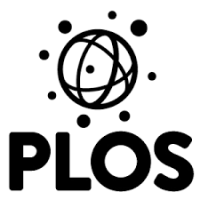
Szerzők: Michael T. Gastner, Károly Takács, Máté Gulyás, Zsuzsanna Szvetelszky, Beáta Oborny
A publikálás dátuma: június 26, 2019
https://doi.org/10.1371/journal.pone.0218729
Abstract
Humans have a demonstrated tendency to copy or imitate the behavior and attitude of others and actively influence each other’s opinions. In plenty of empirical contexts, publicly revealed opinions are not necessarily in line with internal opinions, causing complex social influence dynamics. We study to what extent hypocrisy is sustained during opinion formation and how hidden opinions change the convergence to consensus in a group. We build and analyze a modified version of the voter model with hypocrisy in a complete graph with a neutral competition between two alternatives. We compare the process from various initial conditions, varying the proportions between the two opinions in the external (revealed) and internal (hidden) layer. According to our results, hypocrisy always prolongs the time needed for reaching a consensus. In a complete graph, this time span increases linearly with group size. We find that the group-level opinion emerges in two steps: (1) a fast and directional process, during which the number of the two kinds of hypocrites equalizes; and (2) a slower, random drift of opinions. During stage (2), the ratio of opinions in the external layer is approximately equal to the ratio in the internal layer; that is, the hidden opinions do not differ significantly from the revealed ones at the group level. We furthermore find that the initial abundances of opinions, but not the initial prevalence of hypocrisy, predicts the mean consensus time and determines the opinions’ probabilities of winning. These insights highlight the unimportance of hypocrisy in consensus formation under neutral conditions. Our results have important societal implications in relation to hidden voter preferences in polls and improve our understanding of opinion formation in a more realistic setting than that of conventional voter models.

